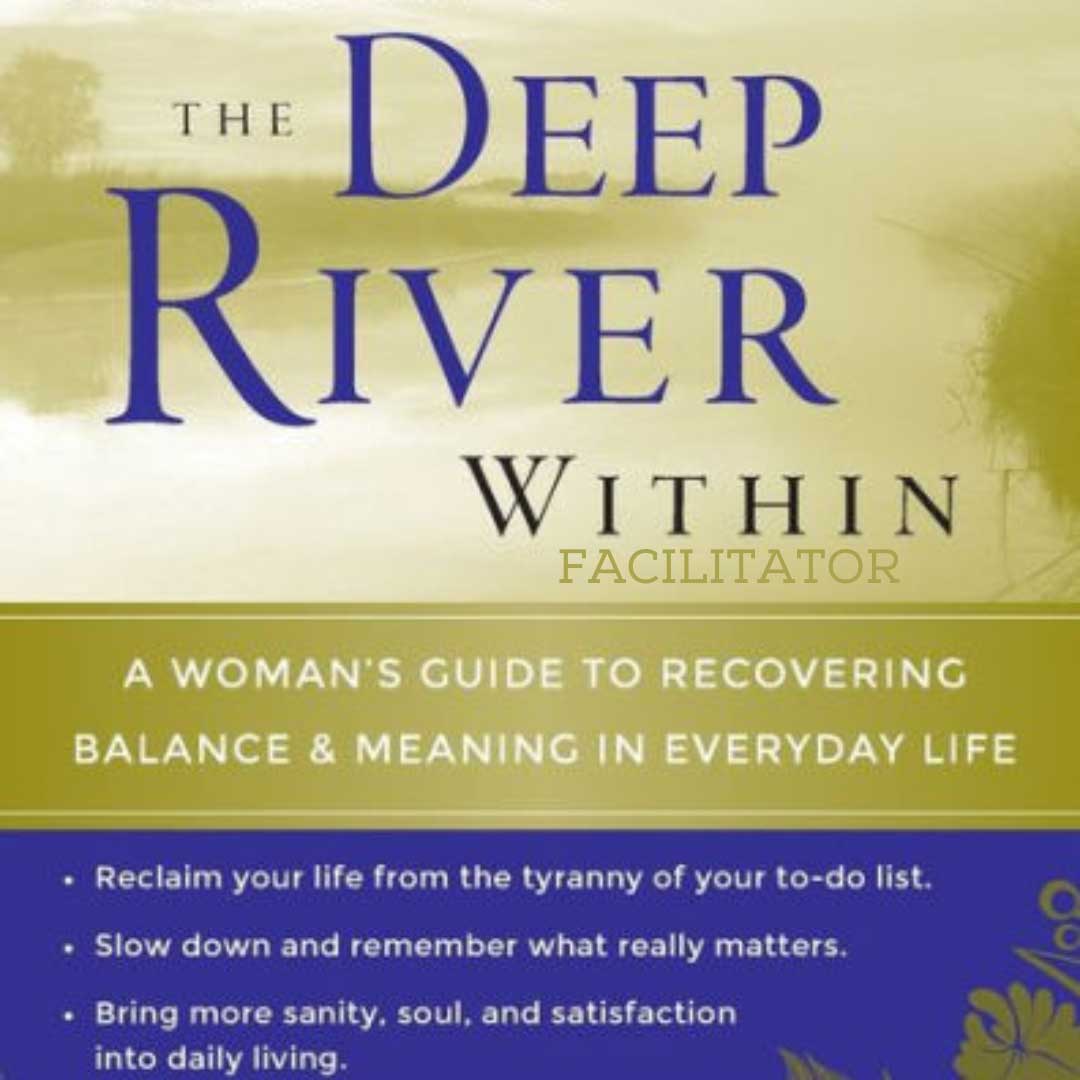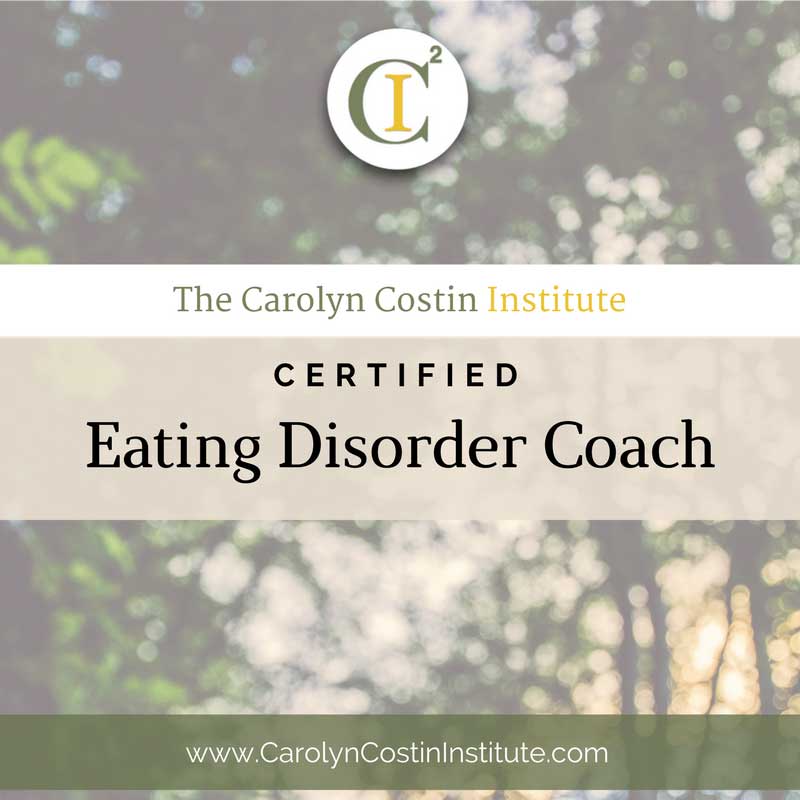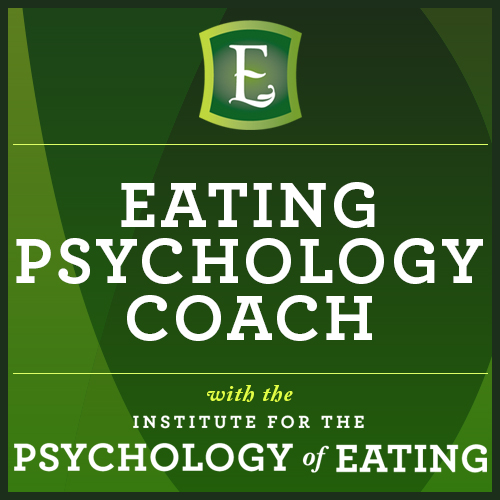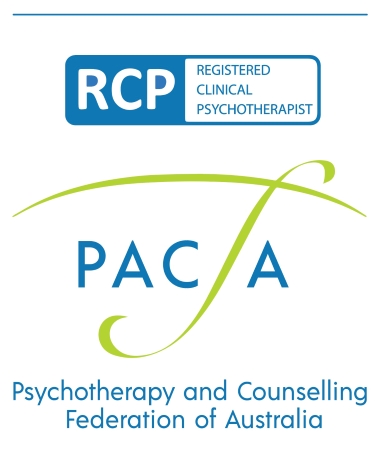Health at Every Size (HAES) by Linda Bacon is one of my most referred books to clients who are struggling with food, weight and body image concerns. Check out the Health at Every Size Manifesto in its entirety below:
THE HAES MANIFESTO
Health at Every Size: The New Peace Movement
We’re losing the war on obesity. Fighting fat has not made the fat go away. However, extensive “collateral damage” has resulted: Food and body preoccupation, self-hatred, eating disorders, weight cycling, weight discrimination, poor health. . . . Few of us are at peace with our bodies, whether because we’re fat or because we fear becoming fat. It’s time to withdraw the troops. There is a compassionate alternative to the war—Health at Every Size—which has proven to be much more successful at health improvement—and without the unwanted side effects. (1, 2) The scientific research consistently shows that common assumptions underlying the war on obesity just don’t stand up to the evidence.
Assumption: “Overweight” and “obese” people die sooner than leaner people.
False! Almost all epidemiologic studies indicate people in the overweight or moderately obese categories live at least as long— or longer—than people in the normal weight category. The most comprehensive review of the research pooled data from 26 studies and found overweight to be associated with greater longevity than normal weight. (3) Analysis of the National Health and Nutrition Examination Surveys I, II, and III, which followed the largest nationally representative cohort of U.S. adults, also determined that the “ideal” weight for longevity was in the “overweight” category. (4. 274)
Assumption: Being “overweight” or “obese” puts people at significant health risk.
False! Epidemiological studies rarely acknowledge factors like fitness, activity, nutrient intake, weight cycling, or socioeconomic status when considering connections between weight and disease. Yet all play a role. When studies do control for these factors, increased risk of disease disappears or is significantly reduced. (5) What’s likely going on here is that these other factors increase disease risk at the same time they increase the risk of weight gain.
Assumption: Anyone who is determined can lose weight and keep it off.
False! The vast majority of people who try to lose weight regain it, regardless of whether they maintain their diet or exercise program.(6, 7)This occurs in all studies, no matter how many calories or what proportions of fat, protein or carbohydrates are used in the diet, or what types of exercise programs are pursued. Many studies also show that dieting is a strong predictor of future weight gain. (8-14)
Assumption: Weight loss will prolong life.
False! No one has ever shown that losing weight prolongs life. Some studies actually indicate that intentional weight loss increases the risk of dying early from certain diseases. (15-20)
Assumption: The only way for “overweight” people to improve health is to lose weight.
False! Most health indicators can be improved through changing health behaviors, regardless of whether weight is lost. (5) For example, lifestyle changes can reduce blood pressure, largely or completely independent of changes in body weight. (1, 21, 22) The same can be said for blood lipids. (1, 23, 24) Improvements in insulin sensitivity and blood lipids as a result of aerobic exercise training have been documented even in persons who actually gained body fat while participating in the intervention. (24, 25)
Assumption: Health is declining as a result of an “obesity epidemic.”
False! While it’s true that we’re moderately fatter than we used to be, life expectancy has increased dramatically during the same time period in which our weight rose (from 70.8 years in 1970 to 77.8 years in 2005).26 That’s right, government statistics predict that the average kid can now expect to live almost eight years longer than his or her parents! Not only are we living longer than ever before, but we’re healthier than ever and chronic disease is appearing much later in life. (26) Death rates attributed to heart disease have steadily declined throughout the entire spike in obesity. (27 ) Both the World Health Organization and the Social Security Administration project life expectancy to continue to rise in coming decades. (28, 29) We are simply not seeing the catastrophic consequences predicted to result from the “obesity epidemic.”
Blame Economics
Why do these faulty assumptions continue to proliferate and why isn’t the reality more widely known? There can only be one explanation when science so blatantly contradicts popular thought: economics. There is a huge industry that benefits from widening the boundaries of what is considered a problematic weight, including weight loss centers, supplement makers, drug companies, physicians, and purveyors of diet books, foods and programs. Even scientists benefit by getting research grants and serving as consultants, or by running weight loss centers at universities. Convincing us of a crisis can also aid government agencies in obtaining congressional funding. And expert panels that create public policy and determine research funding are populated by individuals with financial conflicts of interests.
That said, I do not believe that those engaging in this damaging paradigm are part of a widespread conspiracy. We are all raised with the assumption that fat is bad and permanent weight loss can be achieved through dietary change and exercise. These assumptions are so strongly a part of our cultural landscape that they are regarded as self-evident, and few even consider questioning them. As a result, many well-intentioned, caring people unknowingly collude and transmit this cultural bias. Also, there is little reward for questioning these assumptions, other than peace of mind. Indeed, for a professional to challenge these ideas is tantamount to career suicide; this is in stark contrast to the large financial/status incentive for supporting the old paradigm.
What Can You Do?
Refuse to fight in an unjust war. Join the new peace movement:
“Health at Every Size” (HAES). HAES acknowledges that well-being and healthy habits are more important than any number on the scale. Participating is simple:
- Accept your size. Love and appreciate the body you have. Self-acceptance empowers you to move on and make positive changes.
- Trust yourself. We all have internal systems designed to keep us healthy—and at a healthy weight. Support your body in naturally finding its appropriate weight by honoring its signals of hunger, fullness, and appetite.
- Adopt healthy lifestyle habits. Develop and nurture connections with others and look for purpose and meaning in your life. Fulfilling your social, emotional, and spiritual needs restores food to its rightful place as a source of nourishment and pleasure.
- Find the joy in moving your body and becoming more physically vital in your everyday life.
- Eat when you’re hungry, stop when you’re full, and seek out pleasurable and satisfying foods.
- Tailor your tastes so that you enjoy more nutritious foods, staying mindful that there is plenty of room for less nutritious choices in the context of an overall healthy diet and lifestyle.
- Embrace size diversity. Humans come in a variety of sizes and shapes. Open to the beauty found across the spectrum and support others in recognizing their unique attractiveness.
References
- Bacon, L., et al., Size acceptance and intuitive eating improve health for obese, female chronic dieters. Journal of the American Dietetic Association, 2005. 105: p. 929-36.
- Provencher, V., et al., Health-at-every-size and eating behaviors: 1-year follow-up results of a size acceptance intervention. J Am Diet Assoc, 2009. 109(11): p. 1854-61.
- McGee, D.L., Body mass index and mortality: a meta-analysis based on person-level data from twenty-six observational studies. Annals of Epidemiology, 2005. 15(2): p. 87-97.
- Flegal, K.M., et al., Excess deaths associated with underweight, overweight, and obesity. Journal of the American Medical Association, 293(15): p. 1861-7.
- Campos, P., et al., The epidemiology of overweight and obesity: public health crisis or moral panic? International Journal of Epidemiology, 2005.
- Miller, W.C., How effective are traditional dietary and exercise interventions for weight loss? Medicine and Science in Sports and Exercise, 31(8): p. 1129-1134.
- Mann, T., et al., Medicare’s Search for Effective Obesity Treatments: Diets Are Not the Answer. American Psychologist, 2007. 62(3): p. 220-33.
- Stice, E., et al., Naturalistic weight-reduction efforts prospectively predict growth in relative weight and onset of obesity among female adolescents. Journal of Consulting and Clinical Psychology, 1999. 67: p. 967-974.
- Stice, E., K. Presnell, and H. Shaw, Psychological and Behavioral Risk Factors for Obesity Onset in Adolescent Girls: A Prospective Study. Journal of Consulting and Clinical Psychology, 2005. 73(2): p. 195-202.
- Coakley, E.H., et al., Predictors of weight change in men: Results from the Health Professionals Follow-Up Study. International Journal of Obesity and Related Metabolic Disorders, 1998. 22: p. 89-96.
- Bild, D.E., et al., Correlates and predictors of weight loss in young adults: The CARDIA study. International Journal of Obesity and Related Metabolic Disorders, 1996. 20(1): p. 47-55.
- French, S.A., et al., Predictors of weight change over two years among a population of working adults: The Healthy Worker Project. International Journal of Obesity, 1994. 18: p. 145-154.
- Korkeila, M., et al., Weight-loss attempts and risk of major weight gain. American Journal of Clinical Nutrition, 1999. 70: p. 965-973.
- Shunk, J.A. and L.L. Birch, Girls at risk for overweight at age 5 are at risk for dietary restraint, disinhibited overeating, weight concerns, and greater weight gain from 5 to 9 years. Journal of the American Dietetic Association, 2004. 104(7): p. 1120-6. APPENDIX ? 279
- Williamson, D.F., et al., Prospective study of intentional weight loss and mortality in never-smoking overweight U.S. white women aged 40-64 years. American Journal of Epidemiology, 1995. 141: p. 1128-1141.
- Williamson, D.F., et al., Prospective study of intentional weight loss and mortality in overweight white men aged 40-64 years. American Journal of Epidemiology, 1999. 149(6): p. 491-503.
- Andres, R., D.C. Muller, and J.D. Sorkin, Long-term effects of change in body weight on all-cause mortality. A review. Annals of Internal Medicine, 1993. 119: p. 737-743.
- Yaari, S. and U. Goldbourt, Voluntary and involuntary weight loss: associations with long term mortality in 9,228 middle-aged and elderly men. American Journal of Epidemiology, 1998. 148: p. 546-55.
- Gaesser, G., Thinness and weight loss: Beneficial or detrimental to longevity. Medicine and Science in Sports and Exercise, 1999. 31(8): p. 1118-1128.
- Sørensen, T., et al., Intention to lose weight, weight changes, and 18-y mortality in overweight individuals without co-morbidities. PLoS Med, 2005. 2: p. E171.
- Fagard, R.H., Physical activity in the prevention and treatment of hypertension in the obese. Med Sci Sports Exerc, 1999. 31(11 Suppl): p. S624-30.
- Appel, L.J., et al., A clinical trial of the effects of dietary patterns on blood pressure. New England Journal of Medicine, 1997. 33: p. 1117-1124.
- Kraus, W.E., et al., Effects of the amount and intensity of exercise on plasma lipoproteins. N Engl J Med, 2002. 347(19): p. 1483-92.
- Lamarche, B., et al., Is body fat loss a determinant factor in the improvement of carbohydrate and lipid metabolism following aerobic exercise training in obese women? Metabolism, 1992. 41: p. 1249-1256.
Excerpt from Health at Every Size: The Surprising Truth About Your Weight © 2010 by Linda Bacon.
May be freely distributed, provided that it remains in its entirety and this copyright message appears. More info at www.HAESbook.com.












